Feed Ingredients
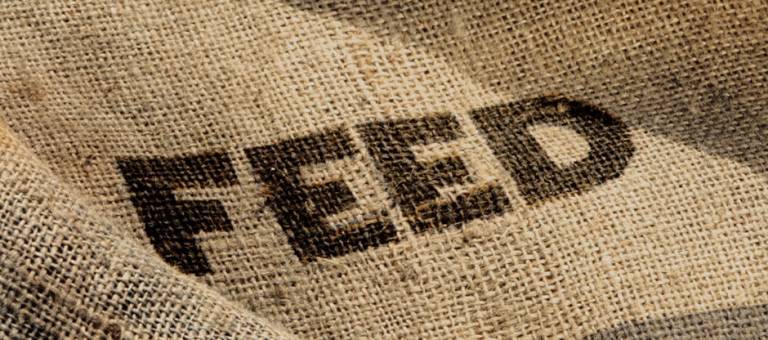
November 12, 2014
Citrus Pulp: A New Ingredient for Horse Feeds?
Citrus pulp is readily available in some areas and might be a low-cost alternative to some other horse feed

November 10, 2014
Omega-3s Benefit Horses with Respiratory Conditions
One omega-3 fatty acid recently proved its weight in gold for horses with respiratory issues, report Purdue University researchers.
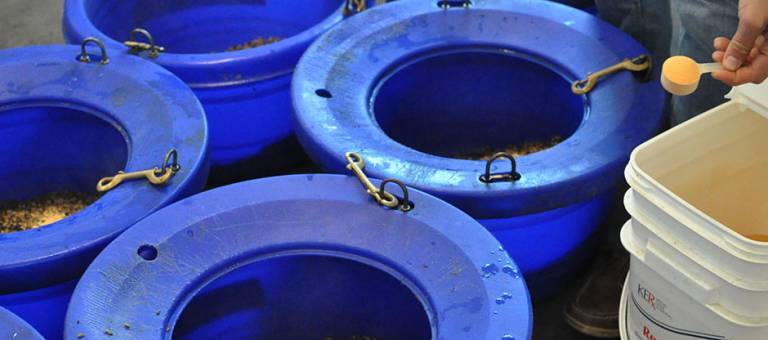
November 06, 2014
Effect of Joint Supplementation and Exercise on Older Horses
Older horses, like older humans, often have stiff joints and move less freely than their younger counterparts. Research was
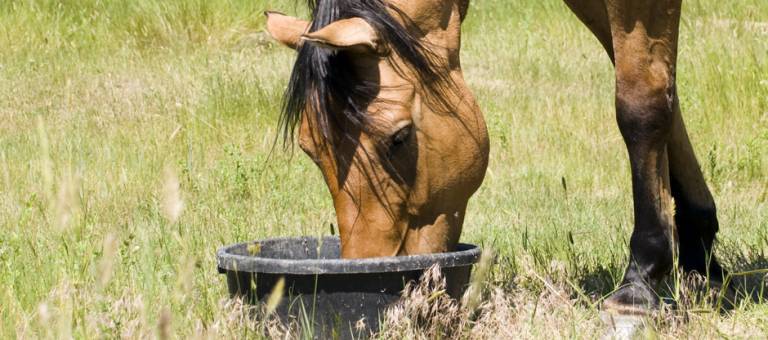
November 03, 2014
Food Allergy Testing in Horses
There are two tests currently available for food allergy testing in horses: intradermal testing (known as a skin-prick test)
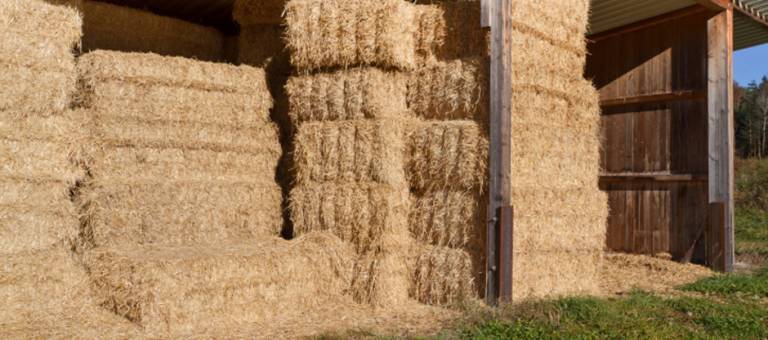
October 30, 2014
Sampling Techniques for Hay Analysis
Any sampling of dry forages that involves grabbing a handful of material usually results in a subsample that is

October 29, 2014
Broken Rice for Horses
Although hay may be a traditional feed for horses, rice is one of the largest crops in the world.

October 27, 2014
Studying Dietary Energy Use in Horses
One reason horses are fed is to provide them with the energy necessary to perform the exercise they are
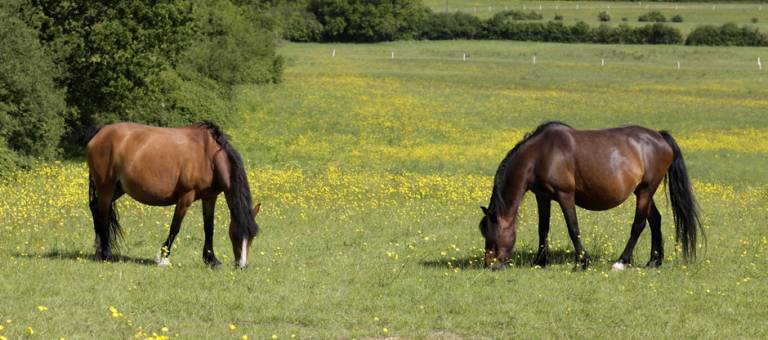
October 23, 2014
Sampling Horse Pasture for Analysis
The key to accurate pasture analysis is sampling multiple grazing sites.
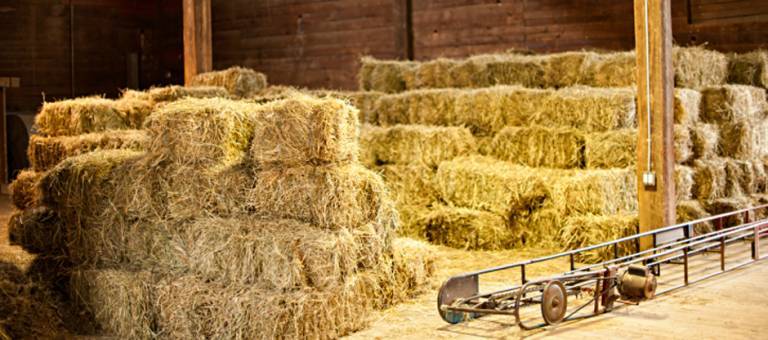
October 20, 2014
Equine Forage Analysis by NIR Spectroscopy
Horse owners may want to have samples of their hay analyzed to determine carbohydrate level or other nutritional parameters.
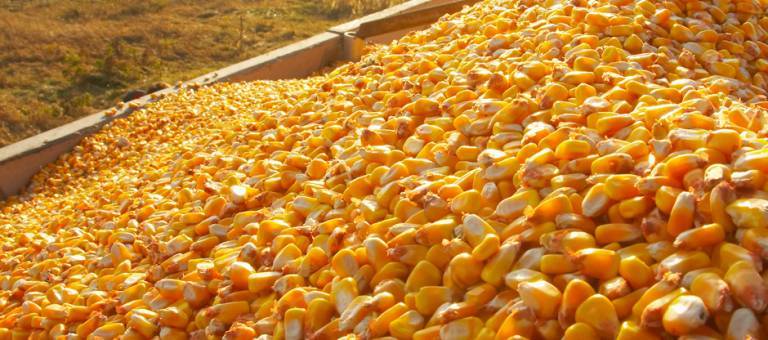
October 20, 2014
Preventing Mold Problems in Horse Feeds
Mycotoxins, the toxic substances produced by molds, can cause serious damage in the liver, brain, and other organs. To







